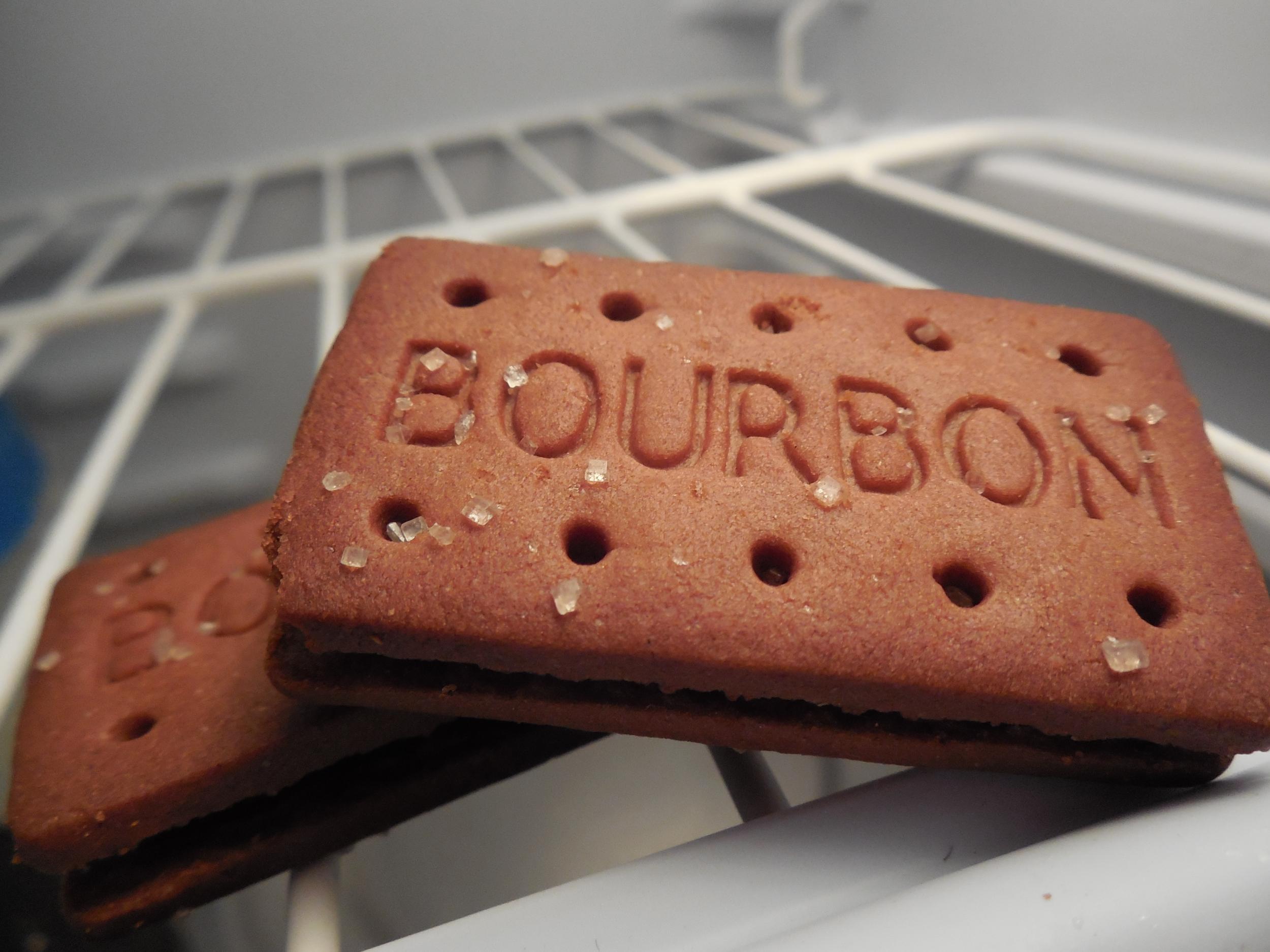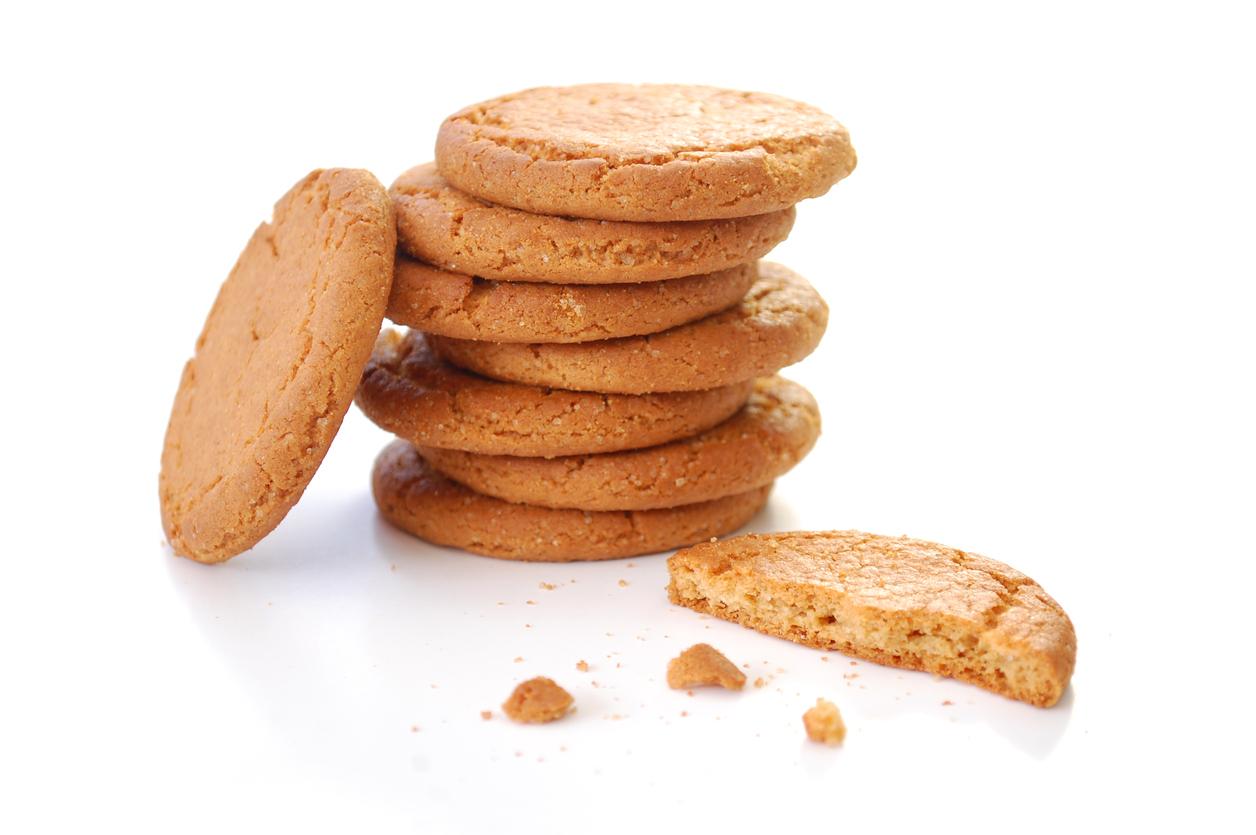McVitie's reveals why bourbon biscuits have holes in them
And why other biscuits, like ginger nuts, don’t

It’s one of life’s fundamental questions; why do bourbon creams have those characteristic holes in them?
Well, you can finally stop wondering because an insider has at last revealed the tricks of the biscuit trade.
Appearing on Channel 4’s Food Unwrapped, Mark Greenwell, the team manager at the pladis factory in Carlisle, which makes McVitie’s and Carr’s water biscuits, says that there’s actually a vital reason why these snacks have holes in them, and others don’t.
Apparently, it’s all because the small holes in the soft biscuits allow steam to escape which prevents them from breaking or cracking.
“If the holes weren't there, steam would build up inside the biscuits. The biscuit would collapse back down and you wouldn't have a controllable product,” he told host Kate Quilton.
“You're trying to get steam out of the biscuits to have an even texture.”
Interestingly enough this also explains why other biscuits like ginger nuts, don’t have them.

Unlike bourbons, ginger nuts are designed to snap and so steam is prevented from escaping the biscuit.
“Because the steam stays inside the biscuits, the trapped heat caramelises the sugar,” Quilton explains.
“The sugar becomes a glass like structure, like you find in a boiled sweet, and that's what gives a ginger nut its characteristic snap.”
Join our commenting forum
Join thought-provoking conversations, follow other Independent readers and see their replies
Comments
Bookmark popover
Removed from bookmarks